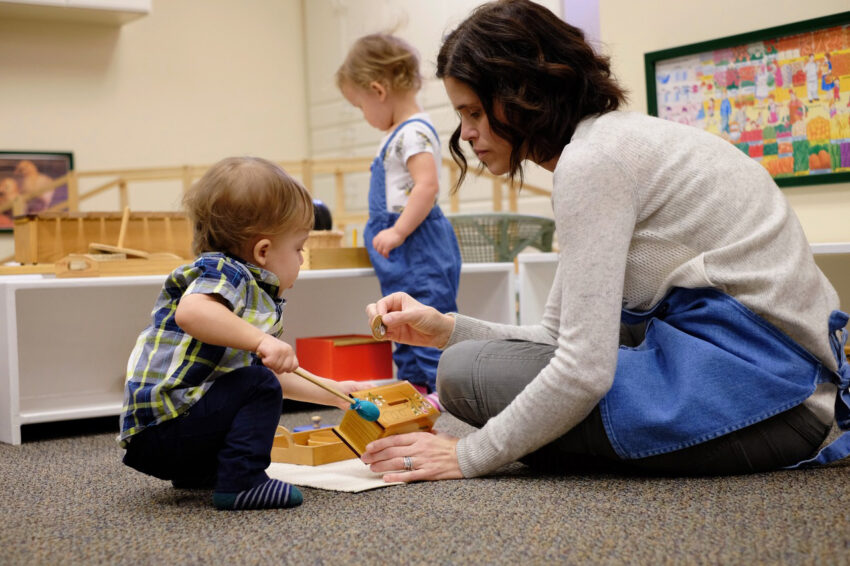Why Teacher Training Is Essential for Equipping Educators
Montessori education has been gaining popularity around the world for its unique approach to early childhood education. At the core of this educational model is the emphasis on teacher training. In this article, we will explore why teacher training is essential for equipping Montessori educators with the necessary skills and knowledge to create an engaging and effective learning environment.
The Montessori Philosophy
The Montessori philosophy, developed by Dr. Maria Montessori, focuses on fostering independence, self-motivation, and lifelong love for learning. The role of the Montessori educator is to guide and support the child’s development, rather than being a traditional instructor. To effectively implement this philosophy, teachers need specialized training.
Understanding Child Development
Montessori teachers receive comprehensive training in child development, enabling them to understand the unique needs and potential of each child. They learn about the different stages of physical, social, emotional, and cognitive development, which helps them tailor the learning environment and activities to each child’s specific abilities and interests.
Creating Prepared Environments
A key aspect of Montessori education is the creation of prepared environments that facilitate independent exploration and learning. Teacher training equips educators with the skills to set up these environments, which include carefully selected materials that promote sensory, motor, and intellectual development. Without proper training, teachers may not be able to effectively create these environments and optimize learning opportunities for their students.
Observation and Guidance Techniques
Montessori teachers need to develop strong observation skills to understand the progress and needs of each child. Through training, they learn how to observe children’s behavior, interests, and challenges, which allows them to provide appropriate guidance and interventions. These observation and guidance techniques contribute to the personalized and individualized approach that defines Montessori education.
Implementing Individualized Learning Plans
Each child progresses at their own pace and has different learning styles and preferences. Montessori teacher training equips educators with the skills to create individualized learning plans that meet the unique needs of each child. They learn how to adapt materials and activities to challenge and support each child appropriately, fostering their overall development and growth.
Promoting Social-Emotional Development
Montessori education recognizes the importance of social-emotional development in young children. Teachers undergo training that focuses on creating nurturing and inclusive environments, promoting positive social interactions, conflict resolution skills, and emotional awareness. This training enables educators to foster a strong sense of community and compassion among their students.
Continuous Professional Development
Teacher training in the Montessori philosophy is not a one-time event but a lifelong commitment to professional growth. Montessori educators engage in continuous professional development programs to refine their skills, deepen their understanding of child development, and stay updated with the latest research and innovative teaching approaches.
Teacher training is essential for equipping Montessori educators with the necessary knowledge, skills, and techniques to successfully implement the Montessori philosophy. It enables them to create a prepared environment, observe and guide each child effectively, and develop individualized learning plans. Through continuous professional development, Montessori educators can continue to enhance their teaching abilities and positively impact the lives of young learners.
Nidhin
For More Details Call: +917510220582

